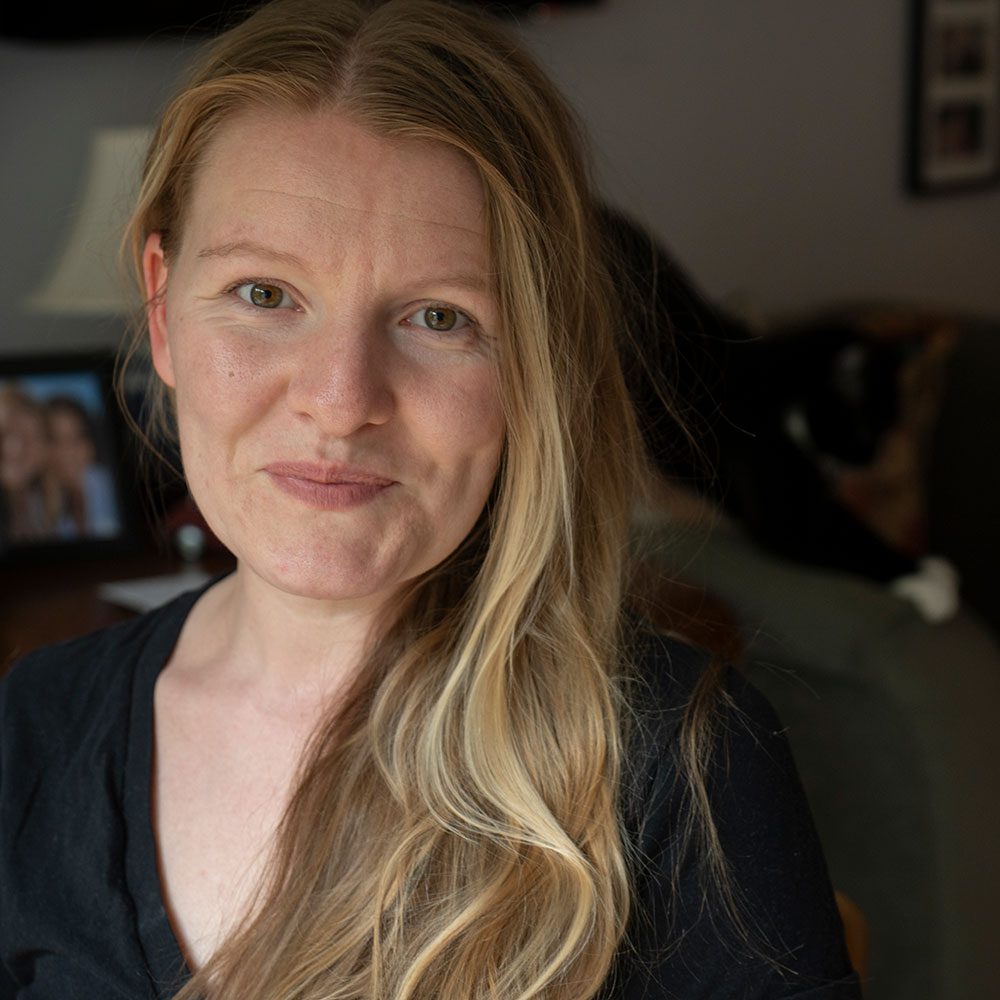Chaplain
What is a chaplain?
A chaplain provides confidential spiritual and non-spiritual care for individuals in a secular setting. Care from a chaplain can address grief, trauma, workplace challenges, spiritual concerns, personal crises, mental health support, and many other things. Chaplains are particularly useful in times of transition and rupture when beliefs and stable structures may be unsettled.
Confidentiality
A chaplain is a confidential resource. This means that anything disclosed in a 1:1 session or group support is confidential and will not be shared with other parties or the institution except in the case of imminent harm, wherein the chaplain is a mandated reporter.

Co-creation
What sets chaplaincy apart from other modes of clinical support is the flexible and creative process between client and chaplain. A chaplain is not a licensed mental health care provider like a therapist, though some of the work one does with a chaplain may resemble therapy. Instead, a chaplain provides a steady and compassionate presence for the client without making an effort to change their state or suffering. Chaplains and visitors can decide together how to use 1:1 time. It may include sharing and listening; practicing a sitting meditation to prepare for an upcoming event; going for a walk to discuss a difficult problem; or utilizing spiritually inspired resources. It is up to the client to decide how they want to use their time with the chaplain.
Examples of issues to bring to the chaplain
- Support throughout the week
- Help processing a loss
- Challenges in relationships
- Challenges at work
- Advocacy and allyship
- LGBTQIA+ support
- Loneliness and isolation
- Mental health support
- Grief support
- Recovery support
- Stress management
- Help preparing for difficult task
- Processing an illness
- Spiritual care and development
- Support in changing habits
- Regaining sense of purpose
Possible questions to address with the chaplain
- How can I make meaning from this situation?
- How do I make sense of this?
- Why is this happening?
- What will happen next?
- How will I cope?
- What gives me comfort?
- How will I get through this?
- Feelings of
Do I have to be religious or spiritual to talk with the chaplain?
Absolutely not; I am an interfaith chaplain which includes training in many religious and spiritual traditions as well as training in humanist, atheist, and nonexistent belief systems. As a non-clerical chaplain, my practices are largely drawn from Buddhism and Christianity, among various other spiritual resources. If you are curious about my spiritual background or resources, I’m more than happy to share and answer any of your questions.
Will the chaplain try to talk to me about religion and spirituality if I don’t bring it up?
Not at all. Your time with the chaplain is for you to use for whatever you wish. The chaplain will respect and respond to whatever you bring into session.
About the chaplain
Marney Rathbun is a chaplain and writer. She received her BA from Smith College and her MFA from New York University. She is currently at Harvard Divinity School studying to be an interfaith chaplain. Marney’s background is in substance abuse treatment, education, and DEI support. Her master’s work explores decoloniality as a central factor in substance abuse treatment and long term healing. She has done pastoral training with the Waquoit Congregational Church and with Harvard’s Buddhist Ministry Initiative. Marney's poetry has appeared in The Kenyon Review, West Branch, ITERANT, Salt Hill Journal, and elsewhere.
Contact
Marney can be reached by email at marneyrathbun@whoi.edu. Her office is in Clark 236A across from the first floor elevators. She is in person on Mondays and Wednesdays and available virtually the rest of the week.
